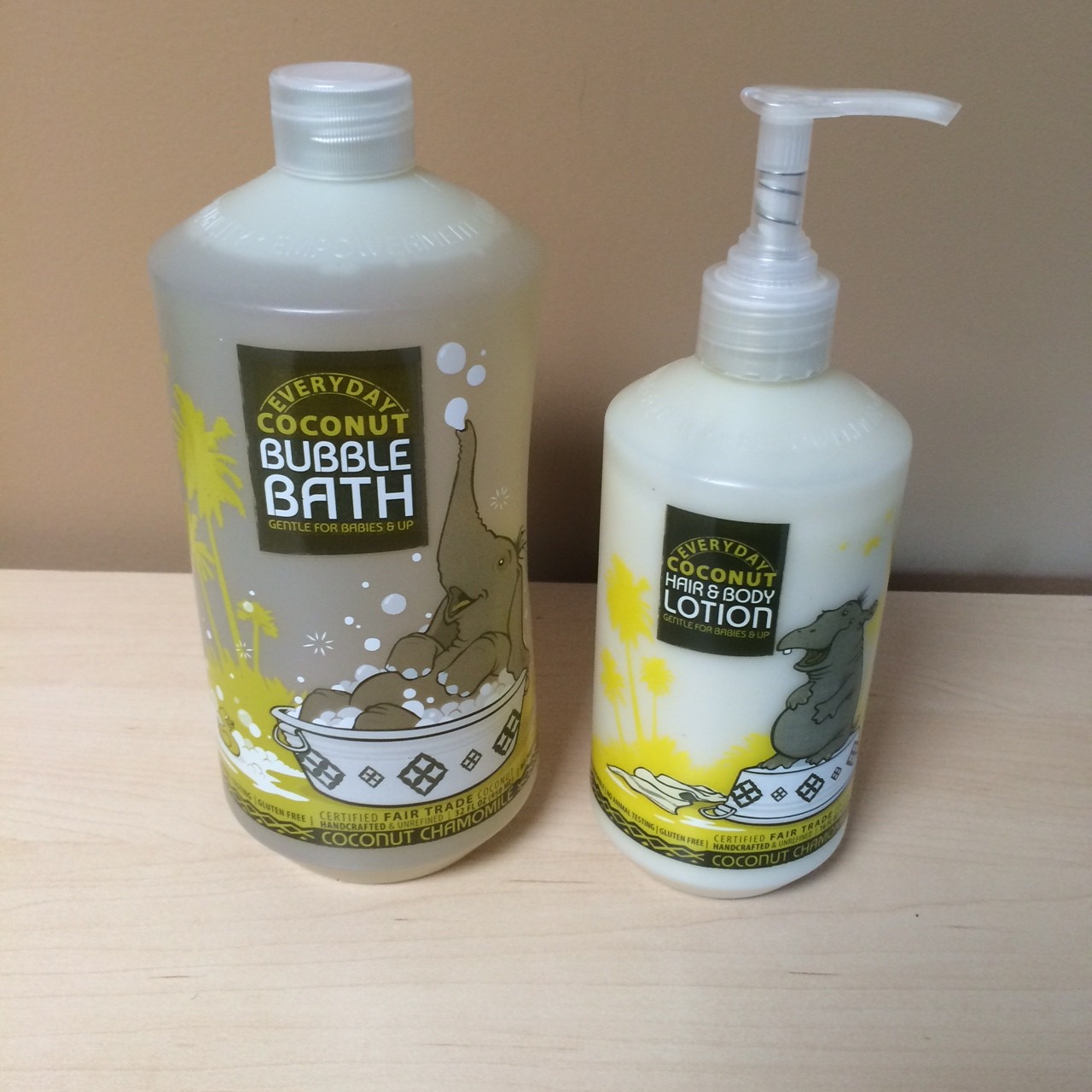There’s nothing more magical than witnessing a child’s speech and language development. Your young one can already utter different sounds after being born. Then it slowly develops into their first words; it can be “mama”, “dada”, or something else entirely.
Speaking may seem so simple as an adult. That’s why it can be easy to forget how complex this process actually is. To learn more about speech and language development, you can visit our website and read it here.
Today though, we’ll share with you some of our tried and tested tips on how to improve your toddler’s speech.

Slow Down
According to a presentation published by Harvard, babies are born with the innate capacity to perceive and discriminate sounds. Their skills will still not be as advanced as ours, so they can’t catch the small nuances that differentiate one sound from another if the adults around them speak too fast.
Hence, talk slower. Accentuate each sound. It will help encourage your little one to mimic your words.
Talk More
Sound is just a single element of speech and language development. Discerning the basic rules of grammar and growing one’s vocabulary are equally important.
The easiest way to help your little one grow their vocabulary is to talk to them more often.
We understand the impulse to “dumb down” the language to simplify it. However, we recommend just talking to them as you would normally. It will help your toddler understand the rules of grammar better.
It will help to demonstrate and provide visual cues to the words you’re saying. This will help your child grow his vocabulary.
For instance, don’t just say, “Let’s put your toys away.” Instead, say “Let’s put your toys inside the basket.” while making extra gestures to show what “inside” and “basket” means.
Apply to Therapies if Necessary
To determine whether their child is developing normally or if assistance may be required, parents must be aware of the normal stages of speech development in toddlers. Variations in speech development are normal, but there are some warning signs that could be cause for concern.
Consider toddler speech therapy if your kid frequently has trouble pronouncing words correctly, shows little increase in vocabulary, or has trouble understanding other people.
Furthermore, it’s critical to seek professional assistance if, by the time your child is two years old, they are not combining words or appear to be significantly behind their peers in terms of language milestones. Speech therapists are skilled in recognizing and addressing language and speech delays, offering customized interventions to improve communication abilities.
The language development of a child can be greatly impacted by early intervention, so parents should trust their gut feelings and seek professional help if they have any concerns.
Read a Lot
It’s not always easy to provide visual cues during actual conversations. That’s where picture books will come in handy. Get selections that suit your kid’s age and interest.
It’s also not enough to tell the story. If you really want to make the most of your bedtime stories, encourage your child to read together, pointing to each word as you go.
This method is so efficient that a recent study has found that reading just a book each day to your child actually exposes them to almost 1.5 million words more than an average kindergartner who wasn’t read to.
As a bonus, doing so will aid in developing your child’s reading skills as well. At the very least, it can reinforce the concept that abstract images, such as written letters, can represent sound and, together, can create meaning.
Turn On the Captions
We honestly don’t recommend letting your toddler spend a lot of time in front of a screen. However, we also acknowledge that it’s a close to impossible feat in this digital age.
So what can you do? You can make the most out of it by turning on the captions. In an article published by Forbes, it was reported that turning on the captions or same-language subtitles can significantly boost a child’s language skills.
We like this method because it can also help keep a child’s attention way better than any book can. After all, no static image can ever compete with a moving one, no matter how colorful and interesting it is.
Gamify It
Finally, gamify your child’s learning experience. There are a lot of language games that you and your child can play together.
Play rhyming games, involve poetry, and provide rewards. Make your learning sessions as fun as possible. There is also a wide spectrum of toys specifically designed to develop the various aspects of speech and language development.
Don’t forget to take advantage of technology as well. The number of educational apps is growing by the day.
100 Words for Babies & Toddlers is one of our favorites. It’s a mobile app developed specifically designed to introduce new words to children between six months and four years of age.
Speech with Milo is another personal favorite. It is a series of apps created by a licensed speech-language pathologist intended to serve as an entertaining speech therapy tool for children, teachers, and of course, parents.
Improving Your Child’s Speech and Language Development
Is your child having difficulties in forming their words? Don’t worry; it’s probably not a cause for concern. There are also a lot of methods to help your child improve their speech.
Just talking mindfully and more often to your child will already help in increasing their phonology, grammar recognition, and vocabulary. Extending your child’s exposure to written words will also impact their learning. You can do so by reading to them and adding captions to their favorite shows.
Finally, make communication a positive experience. The more your child enjoys it, the more confident they will talk more often. Good luck!


